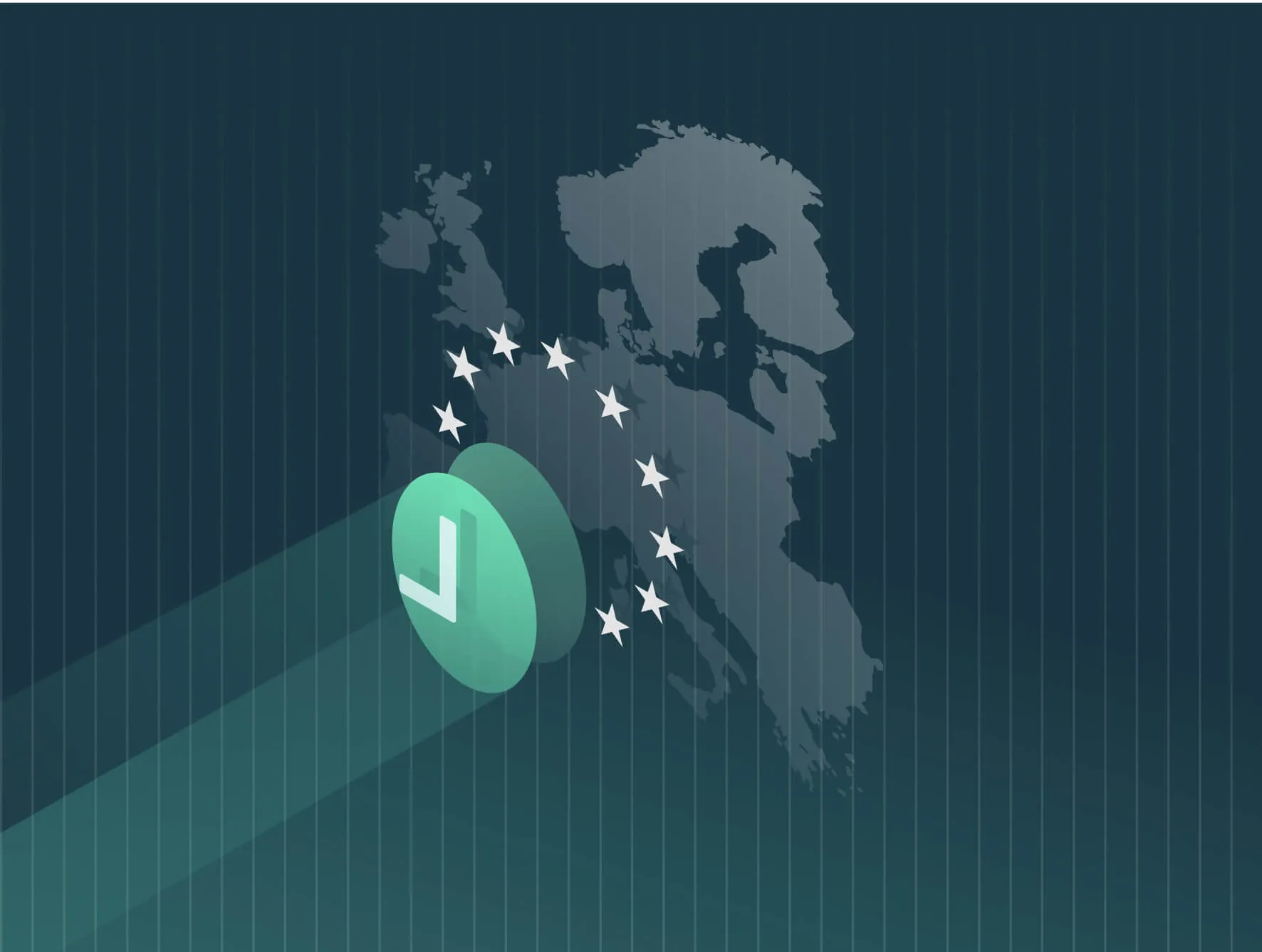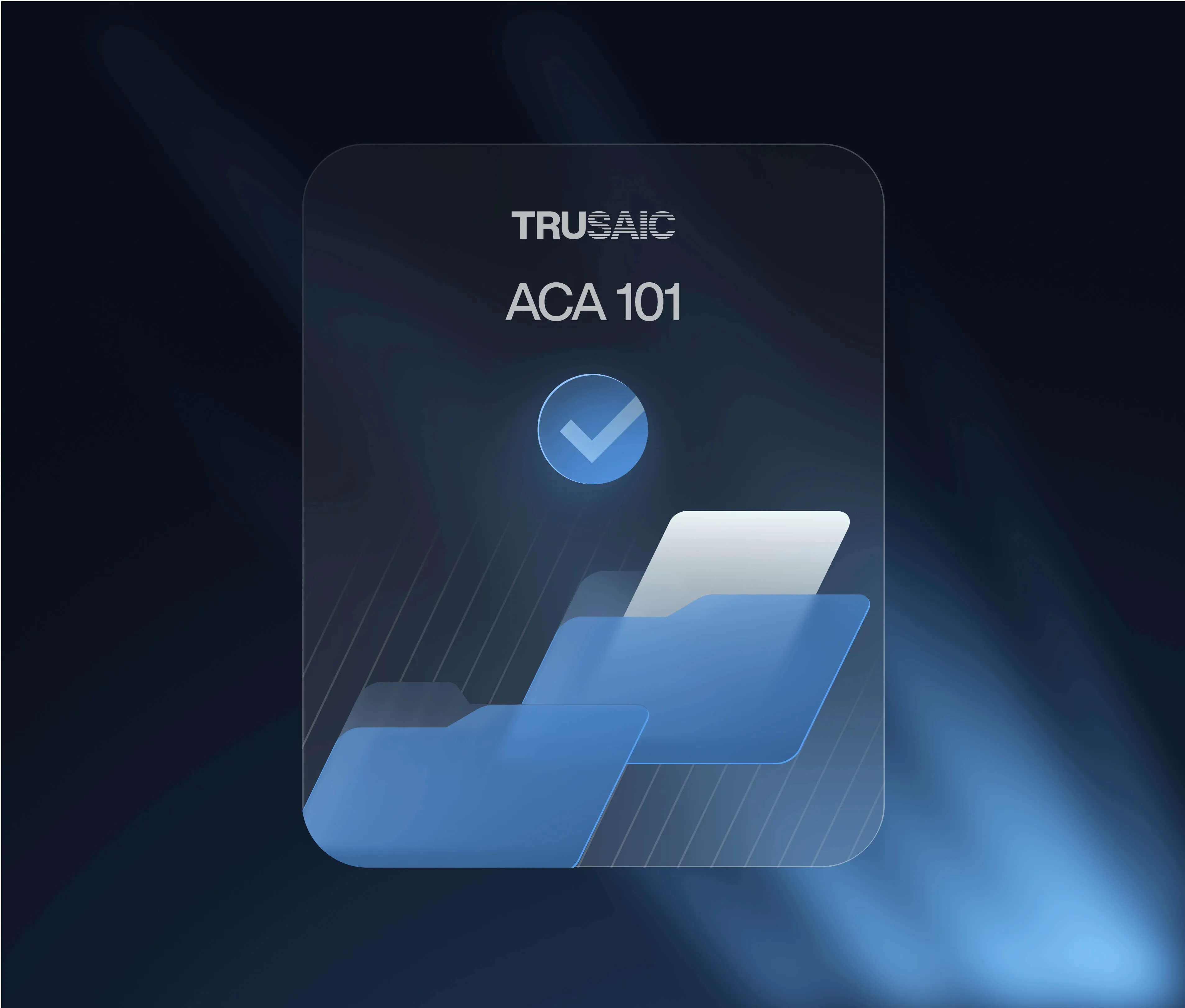In celebration of International Women’s Day earlier this month, Ireland’s Minister for Children, Equality, Disability, Integration, and Youth, Roderic O’gorman announced details relating to the country’s Gender Pay Gap Information Act of 2021. The announcement signals the Act will take effect this year and imposes gender pay gap reporting obligations on affected employers.
What are the requirements?
According to the announcement, employers will need to select a “‘snapshot’ date of their employees in June 2022 and will report on the hourly gender pay gap for those employees on the same date in December 2022.” The gender pay gap reports should capture the organization’s comprehensive pay information for the snapshot timeframe and include:
- Mean and median hourly compensation for both male and female full-time and part-time employees.
- The mean and median bonus compensation for male and female employees.
- Percentage of male and female employees receiving bonuses.
- Proportions of male and female employees working in the organization’s different pay bands.
Moreover, Ireland’s Gender Pay Gap Information Act of 2021 also requires employers to submit a statement explaining why gender pay gaps exist, and what actions they are taking to eliminate or reduce the identified pay gaps. Remember, the presence of a pay gap doesn’t necessarily mean there is pay discrimination occurring within an organization. That’s because pay gaps don’t factor for legitimate business reasons that employers leverage for paying employees differently. Pay gaps are a directional metric that illustrates where you should be focusing your efforts for achieving pay equity.
Which employers must comply?
For the 2022 reporting year, private and public sector organizations with 250 or more employees will need to submit gender pay gap reports. Two years after the Act commences, the requirements will expand to a broader pool of organizations and drop the employee count to 150 or more. By 2025, the Act could very well apply to organizations with 50 or more employees. The Act does not, however, apply to organizations with less than 50 employees nor is it expected to.
Gender Pay Gap Information Act non-compliance
Employers that don’t comply with the gender pay gap reporting requirements will be subject to investigation from the Workplace Relations Commission. If the Irish Human Rights and Equality Commission identifies any “reasonable grounds” the agency could file suit with the Circuit or High Court.
More details are imminent
In the near term, we can expect further clarifications from Minister O’Gorman, including how employers should calculate gender pay gaps and guidance regarding specific requirements. Ireland’s Gender Pay Gap Information Act was signed into law late last year and is but one of the many new developments emerging to help close unlawful gender and race/ethnicity pay gaps.
Growing pay equity initiatives
Employers watching from across the pond should take note of the growing number of pay equity initiatives coming into play. Ireland’s Gender Information Act and the requirements to include mean and median compensation information have already impacted growing legislation in the U.S. Notably, California’s recent SB 1162 builds upon its pay data reporting obligations and would require employers to also provide mean and median wage information in annual snapshots. Other states, such as Colorado, Connecticut, Nevada, and New York are focusing on pay transparency, another proven method for helping solve gender and race/ethnicity pay gaps. All this to say that pay equity initiatives are gaining serious momentum and they’re being amplified by the Great Resignation. Workers around the globe are taking a stand and demanding equal pay for equal work. Best practices for preparing for the inevitable continuation of pay equity regulations include conducting a pay equity audit. This will help you identify gender pay gaps proactively and work to resolve any illegal pay disparities before submitting the information to relevant government agencies. Employers in Ireland will have to take this step as part of the requirement to explain why pay gaps exist and what steps they’re taking to remediate the identified gaps. Some states in the U.S., like Rhode Island and Oregon, will grant safe harbor to employers that conduct a pay equity audit and demonstrate progress to correct issues. Prudent employers should prepare for the legislation that is inevitably coming, no matter where in the world they operate. To learn more about options for solving illegal gender and race/ethnicity pay gaps, contact us to learn about the Salary Range Finder®. This tool can help you stop creating pay inequity in the first place and resolve disparities at the source. If you’re interested in learning about how pay equity can improve your business, download the research report we sponsored, Creating a Culture of Diversity, Equity, and Inclusion, conducted by the Harvard Business Review. Trusaic and HBR Research Report









